- Takeshi Sasaki, Partner, Advantage Partners
- Kyle Shaw, Founder & Managing Partner, ShawKwei & Partners
- Delphine Voeltzel, Managing Director, Omers Infrastructure
- Sanjay Gujral, Chief Business Officer, Everstone & Eversource Capital
- Joji Thomas Philip, Founder & Editor-in-Chief, DealStreetAsia (Moderator)
Different markets in Asia, both mature and emerging, may be looking at a ‘supercycle’ period marked by accelerated digital adoption, domestic market-led growth, and opportunities to drive the decarbonisation agenda.
Private Equity (PE), including sovereign wealth funds and other large pools of capital, is well placed to accelerate the digital transformation journey of traditional companies and eventually speed up exit time. This comes at a time when firms in SEA, esp established family-run businesses are facing a choice of either growing their digital presence or risking falling further behind competitors.
Private Capital can also ride on the deglobalization or the onshoring of critical industries following global supply chain disruption, and the biggest beneficiaries are set to be India, Vietnam, and Indonesia. In addition to manufacturing, this extends to other areas and sectors like operating warehouses, managing delivery to consumers, e-commerce, and logistics companies, including startup and tech cos in supply chain tracking, inventory management, and online and offline retail.
Across Asia, the technology transition is also igniting a new supercycle in critical commodities, with natural resource companies emerging as winners. Climate change policies may lead to the largest peacetime redeployment of investment and capital. Businesses across the whole clean technology supply chain should structurally benefit from this trend.
Governments across Asia are also investing heavily in infrastructure – from roads to bridges to ports to airports and transit systems, among others. Will this lead to increased investments in old-fashioned infrastructure and building materials—think concrete and asphalt roads, steel for bridges—and could deliver an outsized economic impact?
A supercycle signifies a prolonged period of expansion due to sustained demand for both essential and discretionary products and services. This translates into huge capital requirements – equity, debt, structured financing, and others – to enable businesses to capture the growth spurt.

